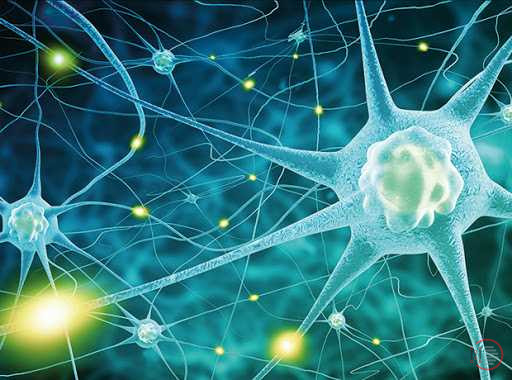What are the neurological consequences of COVID-19?
Table of Contents
After surviving illness from COVID-19, some sufferers show persistent neurological symptoms that can lead to significant impairments in everyday life. The most common complaints are chronic fatigue syndrome, pain, concentration disorders, memory problems, and sleep disorders, reports the German Society for Neurology (DGN) in a current press release.
Some COVID-19 patients suffer from long-term neurological effects for weeks or even months after their illness. The neurology working group in the National Pandemic Cohort Network (NAPKON) is, therefore, among other things, researching the long-term consequences of COVID-19. “Particularly important is the question of whether the viral disease can possibly also impair cognition in the long term or even favor the development of neurodegenerative secondary diseases (such as Alzheimer’s disease) in old age,” said the DGN.

Noticeable neurological complaints
With COVID-19, neurological symptoms such as odor and taste disorders or also headaches, muscle pain, and the so-called fatigue syndrome (permanent exhaustion and exhaustion) often appear during the acute phase, reports the DGN. In addition, “so-called encephalopathies (disorders of consciousness and disorders of brain functions) are quite common with COVID-19, especially with severe courses.”
“Life-threatening neurological complications can also occur during or immediately after a COVID-19 illness, such as strokes or the Guillain-Barré syndrome,” reports the DGN (see also: COVID-19 research: Guillain-Barré syndrome after SARS-CoV-2 infection ). In addition, according to information from the specialist society, evidence in a study from last summer has already increased that neurological symptoms can appear long after suffering from COVID-19.
Chronic exhaustion for months
For example, a Dutch-Belgian study evaluated the persistent symptoms of 2,113 COVID-19 patients three months after the onset of the disease (112 inpatient participants) and found that after three months, 87 percent of those suffering from fatigue (chronic exhaustion) suffered. During the acute phase of the illness, it was 95 percent.
Further long-term consequences of COVID-19
Chronic fatigue is the most common complication and long-term consequence of COVID-19, but it is far from the only one. For example, a study published in the specialist magazine “ Nature Communications ” with around 2,500 participants names pain, shortness of breath, and runny nose as the most common long-term symptoms in addition to fatigue. And in a British prospective cohort study with 163 COVID-19 patients, sleep disorders were also mentioned as a long-term symptom that often occurs.
Quality of life restrictions
According to the DGN, it is astonishing that the symptom persistence also affected patients with mild COVID-19 courses, although after a severe course the neurological symptoms seem particularly persistent and long-lasting. In a French study, for example, significant losses in quality of life after severe disease are described. After three months, 89 percent continued to have pain, 47 percent showed restricted mobility due to muscle weakness and 42 percent had anxiety and depression.
“In summary, long-term neurological effects affect a high proportion of COVID-19 patients and we have to provide neurological follow-up care for these people,” emphasizes DGN General Secretary Professor Peter Berlit. Although the neurological symptoms of many of those affected improve over time, there are also patients who fell ill in the first wave of the pandemic in spring 2020 and are still not free of symptoms.
Further research is needed on the long-term effects
“Since COVID-19 is a new type of disease, we have to clarify the causes of the symptoms and long-term effects in order to be able to take targeted action against the neurological complaints,” continues Professor Berlit. The NAPKON project should make a significant contribution here. “In addition, we are also concerned with open research questions, especially with regard to possible long-term effects,” explains Dr. Samuel Knauss, spokesman for the young neurologists and deputy spokesman for the specialist organ-specific neurology working group in the NAPKON project.
For example, the question is whether long-term effects on cognition are to be feared in patients with neurological symptoms or whether neuro-COVID can promote the development of neurodegenerative diseases such as Alzheimer’s or Parkinson’s. However, it will take years or even decades for us to have reliable answers to these questions explains the expert. (fp)
Important note:
This article contains general information only and should not be used for self-diagnosis or self-treatment. He can not substitute a visit to the doctor.
